I'm trying to fetch a certificate and its private key from Azure Key Vault then call a remote server and do client certificate authentication.
The first part works well (fetching from Key Vault), however i'm completely stuck at importing the public and private material into KeyStore.
I've tried
keyStore.load(publicKey, null);
keyStore.load(new ByteArrayInputStream(privateKey.getBytes()),
"thePassphrase".toCharArray());
but this leads to
java.io.IOException: DER input, Integer tag error
at java.base/sun.security.util.DerInputStream.getInteger(DerInputStream.java:192)
at java.base/sun.security.pkcs12.PKCS12KeyStore.engineLoad(PKCS12KeyStore.java:1995)
at java.base/sun.security.util.KeyStoreDelegator.engineLoad(KeyStoreDelegator.java:222)
at java.base/java.security.KeyStore.load(KeyStore.java:1479)
Here's the full thing minus what i don't know how to implement -
DefaultAzureCredential credential = new DefaultAzureCredentialBuilder().build();
SecretClient secretClient = new SecretClientBuilder()
.vaultUrl("https://<myvault>.vault.azure.net")
.credential(credential)
.buildClient();
CertificateClient certClient = new CertificateClientBuilder()
.vaultUrl("https://<myvault>.vault.azure.net")
.credential(credential)
.buildClient();
// Get the public part of the cert
KeyVaultCertificateWithPolicy certificate = certClient.getCertificate("Joes-Crab-Shack");
byte[] publicKey = certificate.getCer();
// Get the private key
KeyVaultSecret secret = secretClient.getSecret(
certificate.getName(),
certificate.getProperties().getVersion());
String privateKey = secret.getValue();
// ***************
// How do i get the cert and its private key into KeyStore?
KeyStore keyStore = KeyStore.getInstance("PKCS12");
// I've also tried "JKS" but that leads to
// java.io.IOException: Invalid keystore format
keyStore.load(...)
// ***************
// Do client certificate authentication
SSLContext sslContext = SSLContexts.custom().loadKeyMaterial(keyStore, null).build();
CloseableHttpClient httpClient = HttpClients.custom().setSSLContext(sslContext).build();
response = httpClient.execute(new HttpGet("https://remote.that.asks.for.client.cert/"));
InputStream inputStream = response.getEntity().getContent();
body = IOUtils.readInputStreamToString(inputStream, Charsets.UTF_8);
How do i get the certificate and its private key into KeyStore so i can then use it in my HTTP client?


